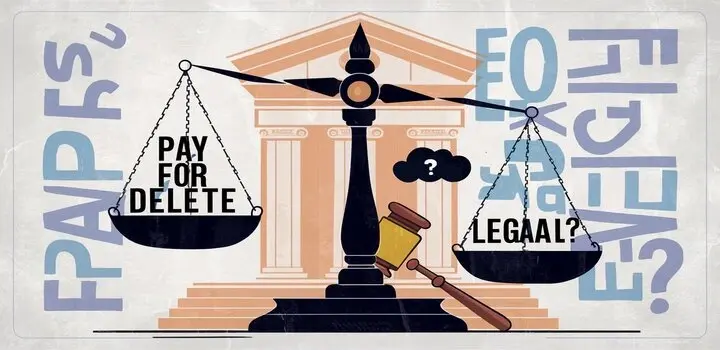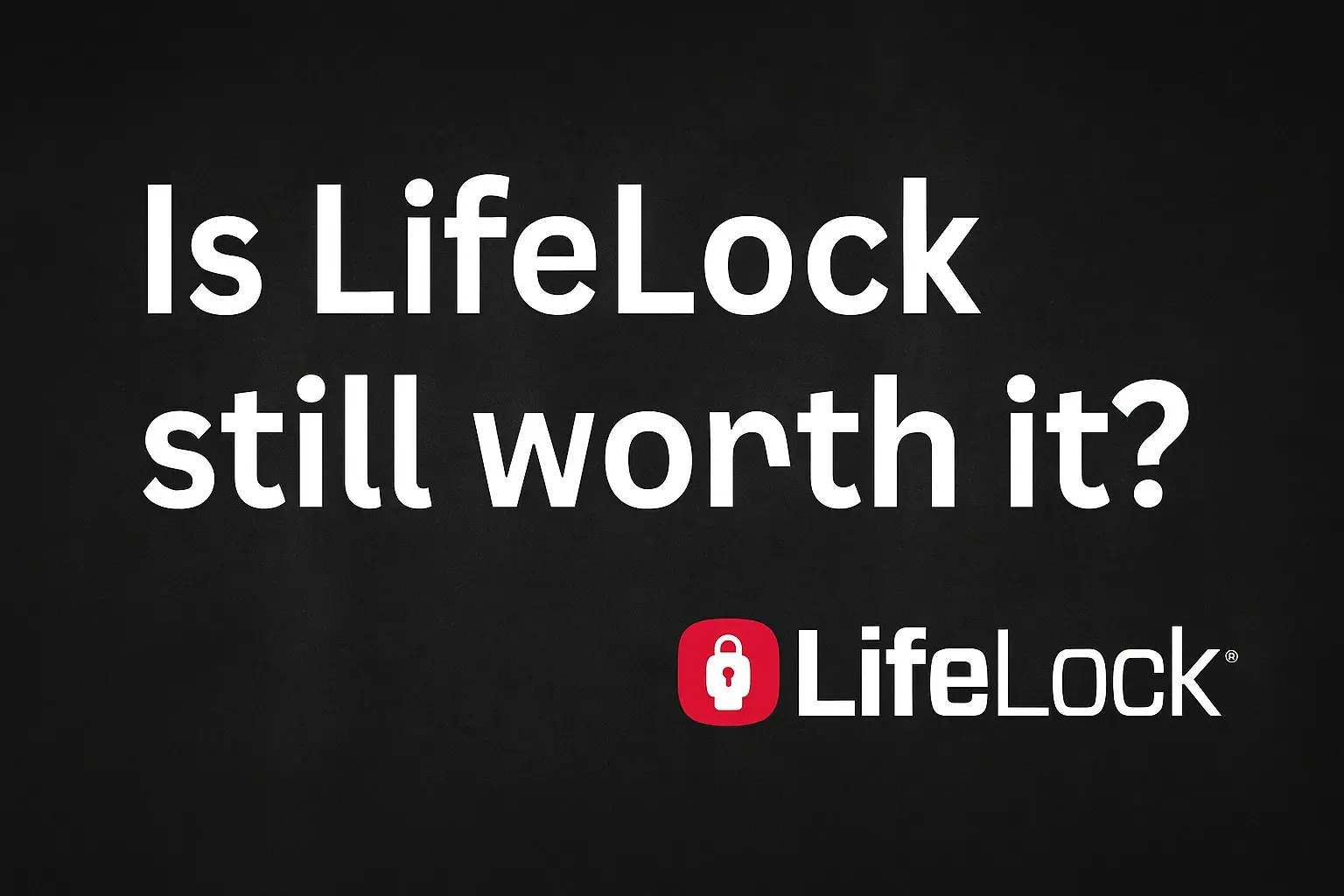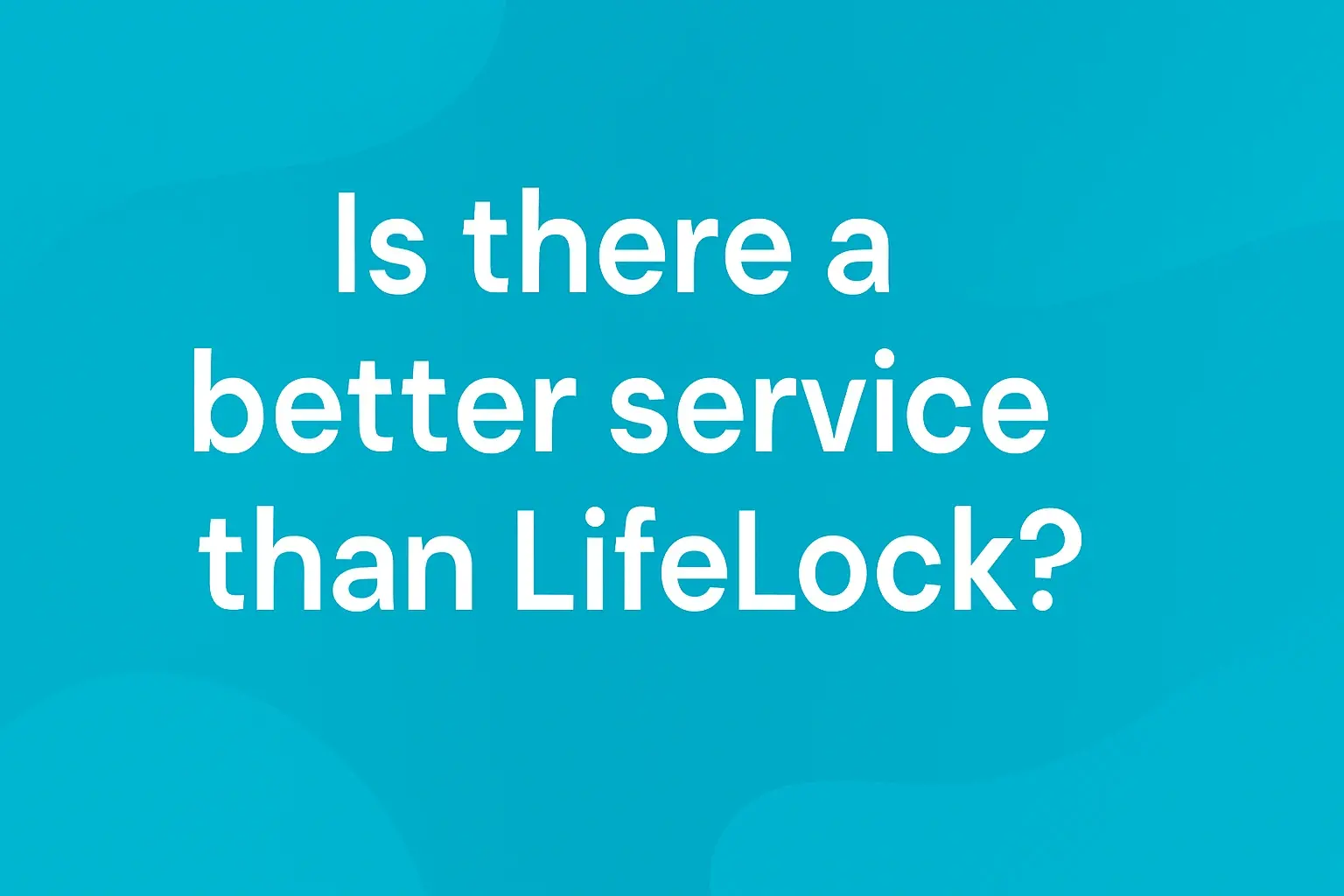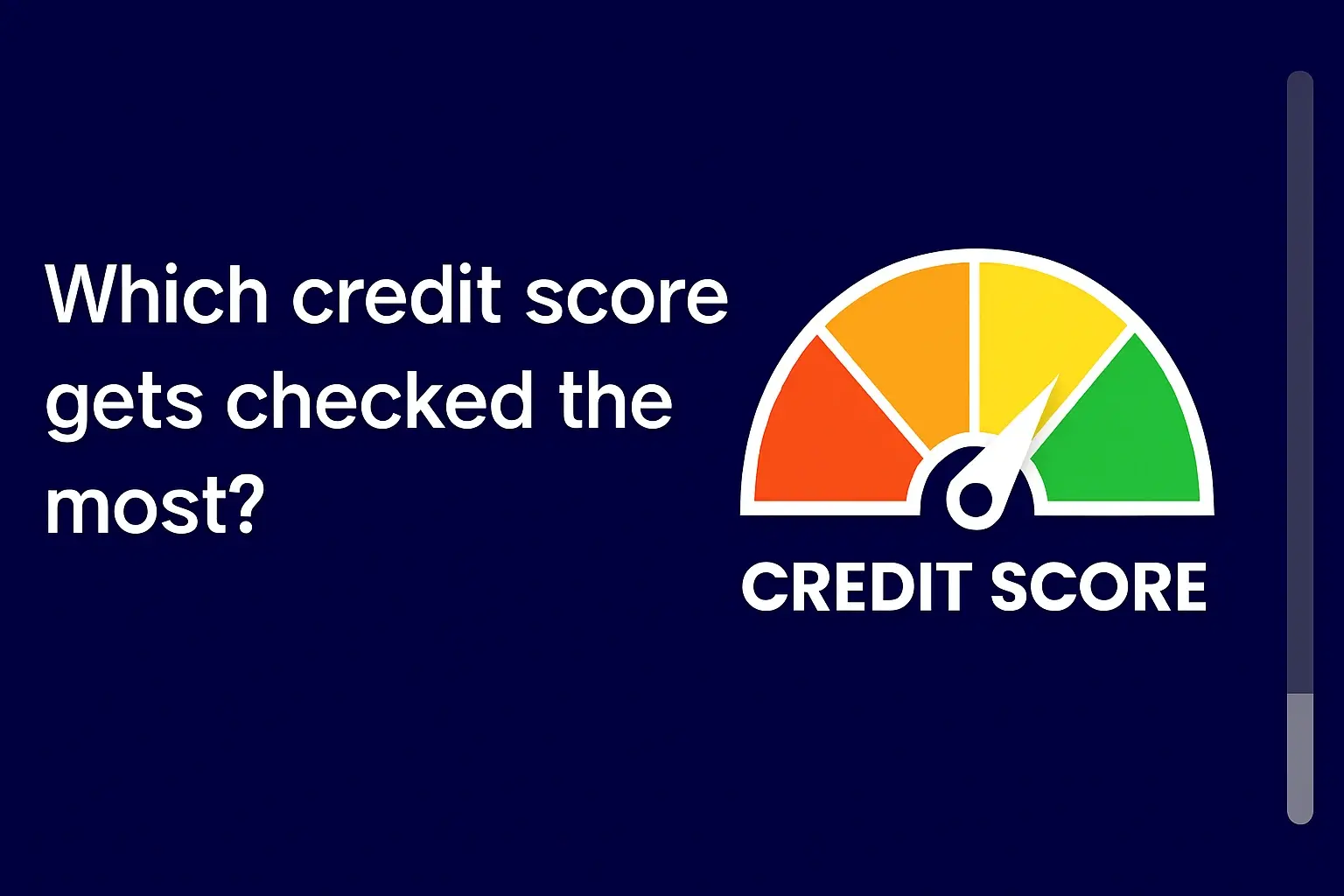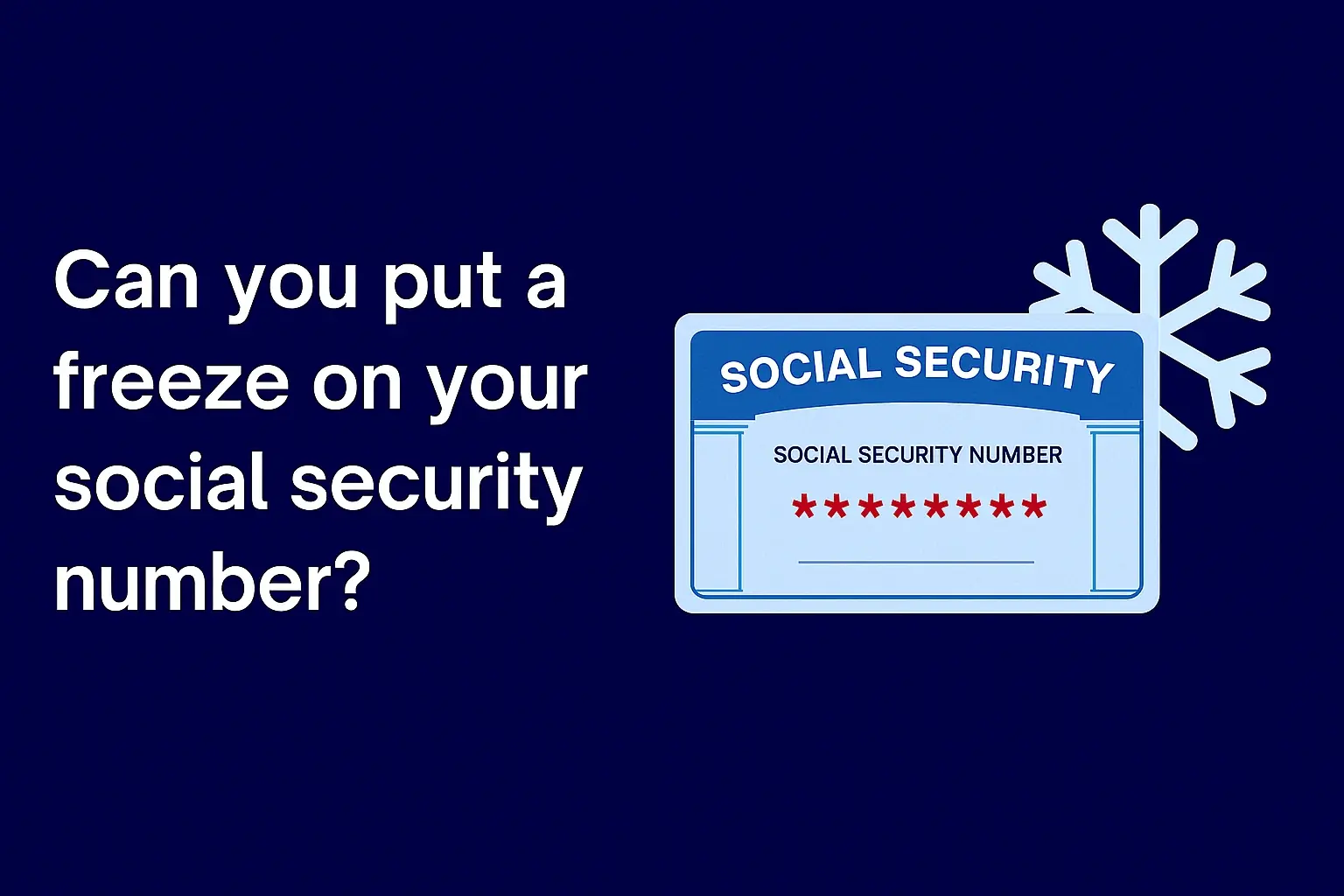-
Posted on: 26 Jul 2024
-
Experian is one of the "Big Three" credit reporting agencies, along with Equifax and TransUnion. These agencies collect and maintain data on consumers' credit histories, which are then used to generate credit reports and scores. While Experian plays a crucial role in the lending ecosystem, it’s important to be aware of its potential drawbacks. This article will delve into the disadvantages associated with Experian, from inaccuracies in credit reports to customer service challenges, and potential security vulnerabilities.
Understanding Experian's Role
Before diving into the disadvantages, it’s essential to understand Experian’s primary function. Experian gathers information from creditors, lenders, and public records to create a comprehensive picture of your creditworthiness. This information includes:
- Payment history
- Credit card balances
- Loan amounts
- Public records like bankruptcies and liens
This data is compiled into a credit report, which is then used to calculate your credit score. Lenders rely on these reports and scores to assess the risk of lending money to you. A good credit score can result in lower interest rates and better loan terms, while a poor credit score can lead to loan denials or higher interest rates.
The Disadvantages of Experian
Despite its important role, Experian is not without its flaws. Consumers often face challenges and frustrations when dealing with the credit bureau. Here's a detailed look at some of the key disadvantages:
1. Data Inaccuracies and Errors in Credit Reports
One of the most common and significant disadvantages of Experian is the potential for inaccuracies in credit reports. These errors can stem from various sources, including:
- Mistakes by creditors: Creditors may report incorrect information to Experian, such as incorrect account balances or payment statuses.
- Identity theft: Fraudulent activity can lead to inaccurate information being added to your credit report, such as unauthorized accounts or debts.
- Mixed credit files: Sometimes, information from different individuals with similar names or social security numbers can be mixed up, resulting in inaccurate credit reports.
- Outdated information: Information that should no longer be reported, such as discharged bankruptcies after a certain period, might still appear on your report.
The consequences of these inaccuracies can be severe. They can negatively impact your credit score, leading to loan denials, higher interest rates, difficulty renting an apartment, and even job rejections. Therefore, it’s crucial to regularly review your Experian credit report and dispute any errors you find.
2. Challenging Dispute Resolution Process
While Experian provides a dispute resolution process to correct errors in your credit report, many consumers find it to be cumbersome and frustrating. Common complaints include:
- Lengthy investigation times: Experian is required to investigate disputes within 30 days, but the process can often take longer, leaving consumers in limbo.
- Insufficient investigation: Some consumers report that Experian doesn't conduct thorough investigations and simply relies on the creditor's response, even if the information is still inaccurate.
- Lack of communication: Consumers may struggle to get updates on the status of their disputes and may not receive clear explanations for Experian's decisions.
- Difficulty providing documentation: The dispute process often requires providing supporting documentation, which can be time-consuming and challenging, especially if you're dealing with fraudulent activity.
Navigating the dispute process can be stressful and time-consuming. It is recommended to maintain meticulous records of all correspondence and evidence. If you are experiencing difficulty, consider seeking assistance from a consumer credit counseling agency or a legal professional.
3. Customer Service Issues
Many consumers report negative experiences with Experian's customer service. Common complaints include:
- Long wait times: Contacting Experian's customer service can involve lengthy wait times on the phone or delays in email responses.
- Unhelpful representatives: Some consumers report that customer service representatives are not knowledgeable or helpful in resolving their issues.
- Difficulty reaching a live person: Navigating automated phone systems to reach a live person can be frustrating.
- Lack of transparency: Consumers may find it difficult to get clear and concise answers to their questions about their credit reports and scores.
These customer service issues can exacerbate the stress and frustration associated with dealing with credit report errors and disputes.
4. Security Concerns and Data Breaches
Credit bureaus like Experian are prime targets for hackers due to the vast amount of sensitive personal and financial information they hold. Data breaches at Experian or other credit bureaus can expose consumers to the risk of identity theft and financial fraud. Even if Experian itself is not directly breached, data from other compromised sources can be used in conjunction with Experian data to create a more complete profile for identity theft purposes.
Consumers should take steps to protect their personal information, such as:
- Monitoring their credit reports regularly: Look for any unauthorized activity or suspicious entries.
- Setting up fraud alerts: A fraud alert requires creditors to take extra steps to verify your identity before opening new accounts in your name.
- Freezing their credit: A credit freeze restricts access to your credit report, making it more difficult for identity thieves to open new accounts in your name. This is a strong defense.
5. The Accuracy and Usefulness of Experian Boost
Experian offers a service called "Experian Boost," which allows consumers to potentially improve their credit scores by linking their bank accounts and adding payment history for utility bills, phone bills, and streaming services to their Experian credit report. While this service can be helpful for some, it's not a guaranteed solution, and it has limitations:
- Not all lenders use Experian Boost data: Many lenders still rely on traditional credit scoring models that don't incorporate this type of data.
- The impact may be limited: The boost to your credit score may be small, especially if you already have a good credit history.
- It only affects your Experian score: Experian Boost only impacts your Experian credit score and does not affect your Equifax or TransUnion scores.
- Potential for negative impact: If you frequently miss payments on the bills you link to Experian Boost, it could actually lower your credit score.
Consumers should carefully consider the pros and cons of Experian Boost before using it and understand that it's not a magic bullet for improving their credit.
6. Limited Control Over Data Usage
Consumers have limited control over how Experian uses their personal information. While you can opt-out of certain marketing solicitations and prescreened offers, Experian continues to collect and share your data with lenders and other businesses for various purposes, including:
- Credit decisions
- Marketing and advertising
- Risk assessment
This lack of control over your data can be concerning, especially given the potential for inaccuracies and security breaches.
7. Confusing Credit Scoring Models
Experian uses various credit scoring models, including its own proprietary model and the widely used FICO score. The different scoring models can be confusing for consumers, as they may see different scores depending on where they check their credit. This can make it difficult to understand your true creditworthiness and how lenders perceive your credit risk.
8. Difficulty Obtaining Free Credit Reports
While consumers are entitled to a free credit report from each of the three major credit bureaus annually through AnnualCreditReport.com, navigating the process can sometimes be challenging. Experian may try to upsell you on additional services or products when you request your free credit report.
Protecting Yourself from the Disadvantages of Experian
While you can't eliminate all the disadvantages of Experian, you can take steps to protect yourself and mitigate the potential risks:
- Regularly check your credit reports: Obtain your free credit reports from AnnualCreditReport.com at least once a year and review them carefully for any errors or suspicious activity. Consider spacing out requests to check one report every 4 months.
- Dispute errors promptly: If you find any inaccuracies, dispute them with Experian immediately, providing supporting documentation.
- Monitor your credit score: Keep track of your credit score to identify any potential issues early on. Many banks and credit card companies offer free credit score monitoring.
- Consider a credit freeze: If you're concerned about identity theft, consider freezing your credit at all three major credit bureaus.
- Be cautious of unsolicited offers: Be wary of unsolicited offers that promise to improve your credit score quickly or easily, as these may be scams.
- Protect your personal information: Be careful about sharing your personal information online and offline, and use strong passwords.
Conclusion
Experian is an integral part of the credit system, but it’s vital to recognize its potential drawbacks. Data inaccuracies, challenging dispute processes, customer service issues, and security concerns can all pose significant challenges for consumers. By being proactive, regularly monitoring your credit reports, and taking steps to protect your personal information, you can minimize the negative impact of these disadvantages and maintain control over your financial well-being. Remember, you have rights as a consumer, and it's important to exercise them to ensure the accuracy and fairness of your credit information.

